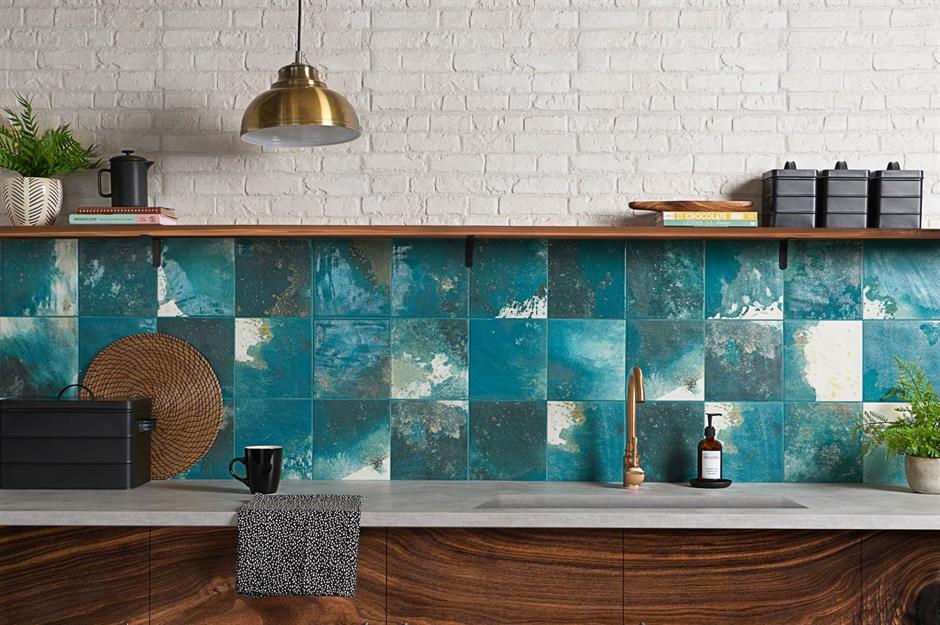The disadvantages of ceramic tiles include their brittleness and hardness. This material may make people more susceptible to accidents. They can also be hard to clean. However, these problems are not major enough to make people decide against ceramic tiles. They remain a popular choice in many households.
Hard
Ceramic tiles are highly durable and hard. The Mohs hardness scale determines their hardness. Generally, grade seven tiles are harder than grade four ceramic tiling. Another grade five to six ceramics include polished bricks and glazes. Tiles with glazes have less water absorption than other ceramic tiles.

Brittle
Ceramic tiles are water resistant but have a disadvantage: they are brittle. Because the pores of ceramic tiles are not large, significant amounts of water will not pass through them. This means that when ceramic tiles get wet, they will store water, making them difficult to move around. A good way to reduce the risk of absorbing water is to make the pores larger. This will increase the material’s fracture toughness.
Durable
When choosing ceramic tiles, it is essential to consider their durability. You don’t want to purchase them only to be disappointed later. Durable tiles are made of high-quality materials which will last for many years. However, you should keep in mind that they’re not all created equal. While some ceramic tiles are cheaper, quality is more important than price.
Easy to clean
The basic cleaning procedure for ceramic tiles is sweeping off dust and sweeping it with a cleaning solution. You can then rinse the area with water and wipe it dry. While ceramic tiles are not as durable as porcelain tiles, they require little maintenance. Cleaning is easy because you simply need to use a mild cleaning solution.
Versatile
Ceramic tiles can be used for a variety of purposes. They are durable, water resistant, and come in various colors and designs. They also come in many sizes, making them ideal for any type of home. They can be used on walls, flooring, backsplashes, benchtops, and artwork.
Permanence
Ceramic tile is a versatile material that is ideal for a variety of uses. It is a common choice for flooring, wall cladding, and furniture. It can also be used on the exterior of buildings. In the US alone, approximately 2.75 billion square feet of ceramic tile are installed yearly. This durable material is easy to maintain and immune to moisture, sunlight, and dust mites.